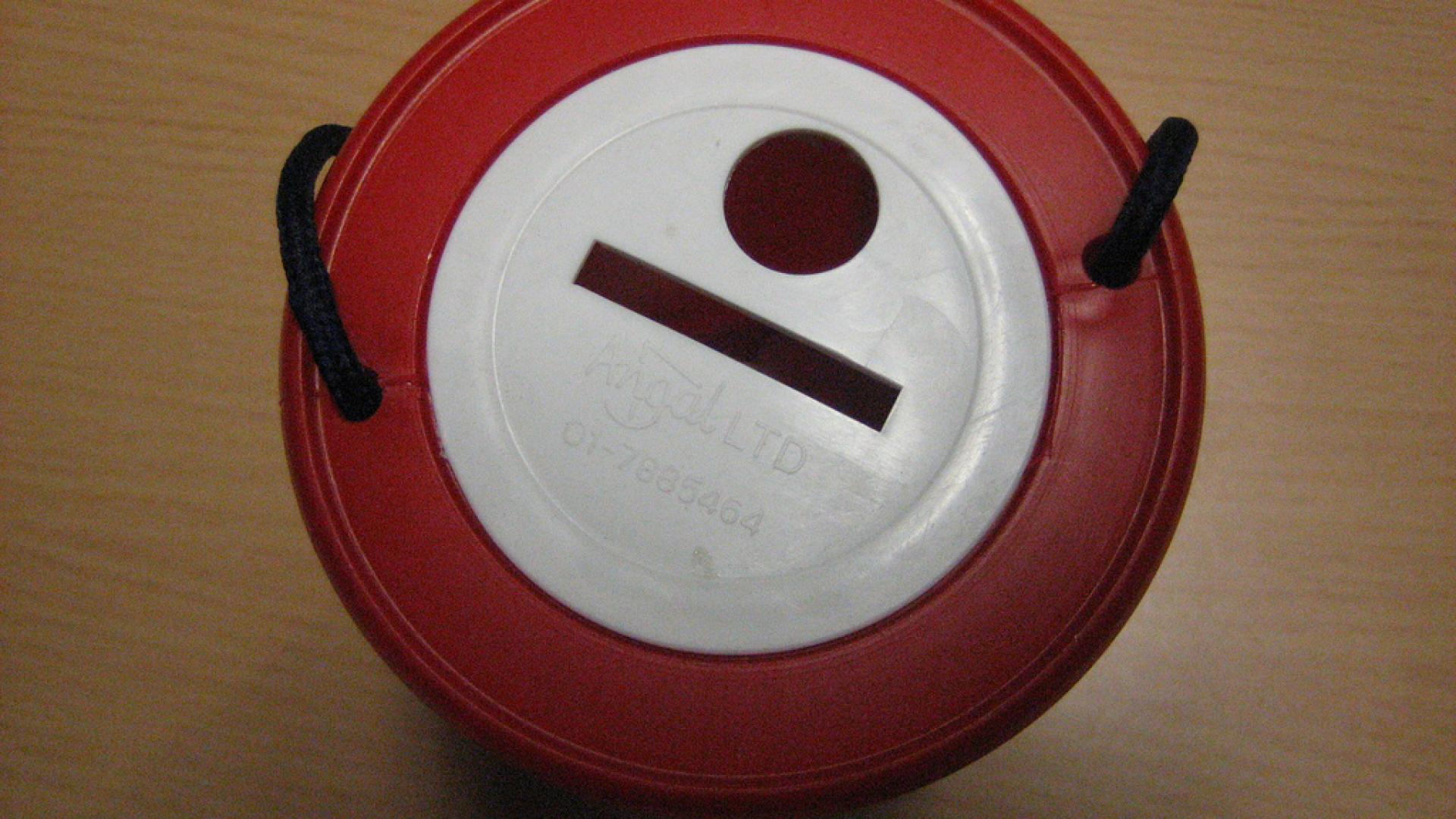Introduction
What other evidence do we have about giving levels?
What does nfpSynergy data say?
| CAF/NCVO | nfpSynergy | ||
| 2010/11 | 2011/12 | 2010/11 | 2011/12 |
Proportion of population reporting donating* | 58% | 55% | 75% | 74% |
Average annual donation value** | £372 | £324 | £199.99 | £199.76 |
Total donations 2011/12 | £11.0 bn | £9.3 bn | £7.64 bn | £7.61 bn |
*We ask about giving in the previous 3 months, whereas the NCVO/CAF data ask about the previous month
** Our research is online and the CAF/NCVO data is face to face. Our research has at least 6 data points of 1000 people per year, while NCVO/CAF has 3 data points of 1000 per year
Whose data is right; NCVO/CAF's or nfpSynergy's?
Asking the public to self-declare their giving habits has substantive flaws
- Human memory is poor. Imagine we ask you to tell us what you have given in the last month or three months. Add it all up in your head? Are you feeling confident that you can remember it? If you give by direct debit you might feel more confident, but adding up every pound or penny in a collecting tin is much harder.
- Nice people give more. Giving to charity is a good thing to do. It makes you a nice person. So when somebody asks you how much you give, most people have a tendency to say how generous they are. Researchers call this ‘social desirability bias’ - the bias to say things that make the respondent appear to do the kind of things that are socially desirable. The same kind of bias creeps in when asking people how much they drink or how much sex they have. They have good reasons to want to say how they would like the world to be like, rather how than it actually is.
We should we measure giving by creating a panel of charities
Joe Saxton and Cian Murphy
This blog features as a news story in Third Sector magazine here and Civil Society here.
Giving us your support? Have CAF got it right? Or have we all got it wrong? Leave us a comment below.
Well done nfpSynergy, at last
Well done nfpSynergy, at last some sensible thoughts on numbers that differ so wildly, they should not have been used for a major publicity push. Thank you very much.
Congratulations Joe and Cian
Congratulations Joe and Cian and the the team at nfpSynergy for giving a a fresh perspective on the CAF report on UK giving which seemed too dramatic to be true. Even here in Spain giving is broadly holding up and for some charities,namely the INGO/UN fundraising investors and those delivering services to those affected by the crisis income is still growing significantly
The minute I heard these
The minute I heard these numbers at the Action Planning conference in London on November 14, I knew they had to be wrong. They are now being spread everywhere, causing panic among board members, smugness among politicians, and glee among fundraising consultants. I have just had a back-and-forth with the Wiltshire Charities Information Bureau, who are refusing to withdraw the report from their newsletter on the grounds that a) it was published by CAF and b) it's creating 'conversation' in the sector!
This is sort of like saying oranges cause cancer --once you disprove it, a large number of people still 'remember' that oranges cause cancer.
I'm not at all happy that such an abysmally incorrect report could have been so casually published.
This is very helpful and
This is very helpful and timely. I've always doubted the CAF giving percentages though though the absolute amounts they calculate usually tie better to the NCVO sector analysis of income.
My research (qualitative not quantitive) also indictated that regular givers are certainly not giving less so I really think that there must be some serious sampling errors in their report.
Hi All
Hi All
I'm one of the people responsible for producing the CAF/NCVO report on giving, as well as the NCVO research mentioned by Peter Maple that takes data from charities' annual accounts, published at http://data.ncvo-vol.org.uk. In 2014 we'll be able to compare charity accounts with the survey and, as I say in my blog on the report, I hope we will turn out to be wrong.
Joe and Cian make some good points about the need for different approaches. But to say donors' reports of what they give don't relate to what they give is too simplistic. Evidence suggests they exaggerate - but if they do, they do so consistently, and in relation to what they give. Search for Renee Bekkers' work on this issue.
We also know that small changes in methodology lead to different estimates (search for Peter Halfpenny's work on why and how). The UK Giving survey is stable in what it reports: much more so than other surveys. It performs well in relation to the *key* tests of reliability and validity. And the survey method hasn't changed: so if there are errors (such as the bias of people not being truthful) then there is no reason to believe that the bias changes. The amounts may be wrong - but the trend is likely to be right.
I am happy to discuss our findings and methods with anybody. You can email me at karl dot wilding at ncvo-vol.org.uk
Cheers
Karl

